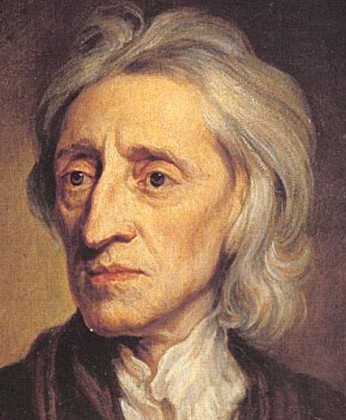“So that laws, when prudently framed, are by no means subversive, but rather introductive, of liberty; for, as Mr. Locke has well observed, where there is no law there is no freedom.”
William Blackstone, Commentaries

“So that laws, when prudently framed, are by no means subversive, but rather introductive, of liberty; for, as Mr. Locke has well observed, where there is no law there is no freedom.”
William Blackstone, Commentaries
John Locke was an English philosopher born in 1632. His father was a lawyer and a Puritan who fought against the Royalists during the English Civil War. The commander of his father’s regiment, Alexander Popham, a wealthy MP, arranged for Locke’s education at Westminster and Oxford. At Oxford, Locke studied medicine, assisting in the laboratory… [Read More]
Because everyone is born equal and free, any form of rule over an individual requires his consent to be legitimate. Society thus originates from a social contract. The purpose of forming and submitting to government is to secure the individual rights to life, liberty, and property. Unlike Hobbes, Locke believes that citizens cannot fully give up their authority to judge whether government is so infringing on their rights that it is acting tyrannically and must be opposed. This formulation of natural rights and tyranny would become especially influential in the American Revolution. [Read More]

John Locke’s theory of natural rights remains at the core of the modern view of politics, particularly in the United States. Mark Blitz explains.